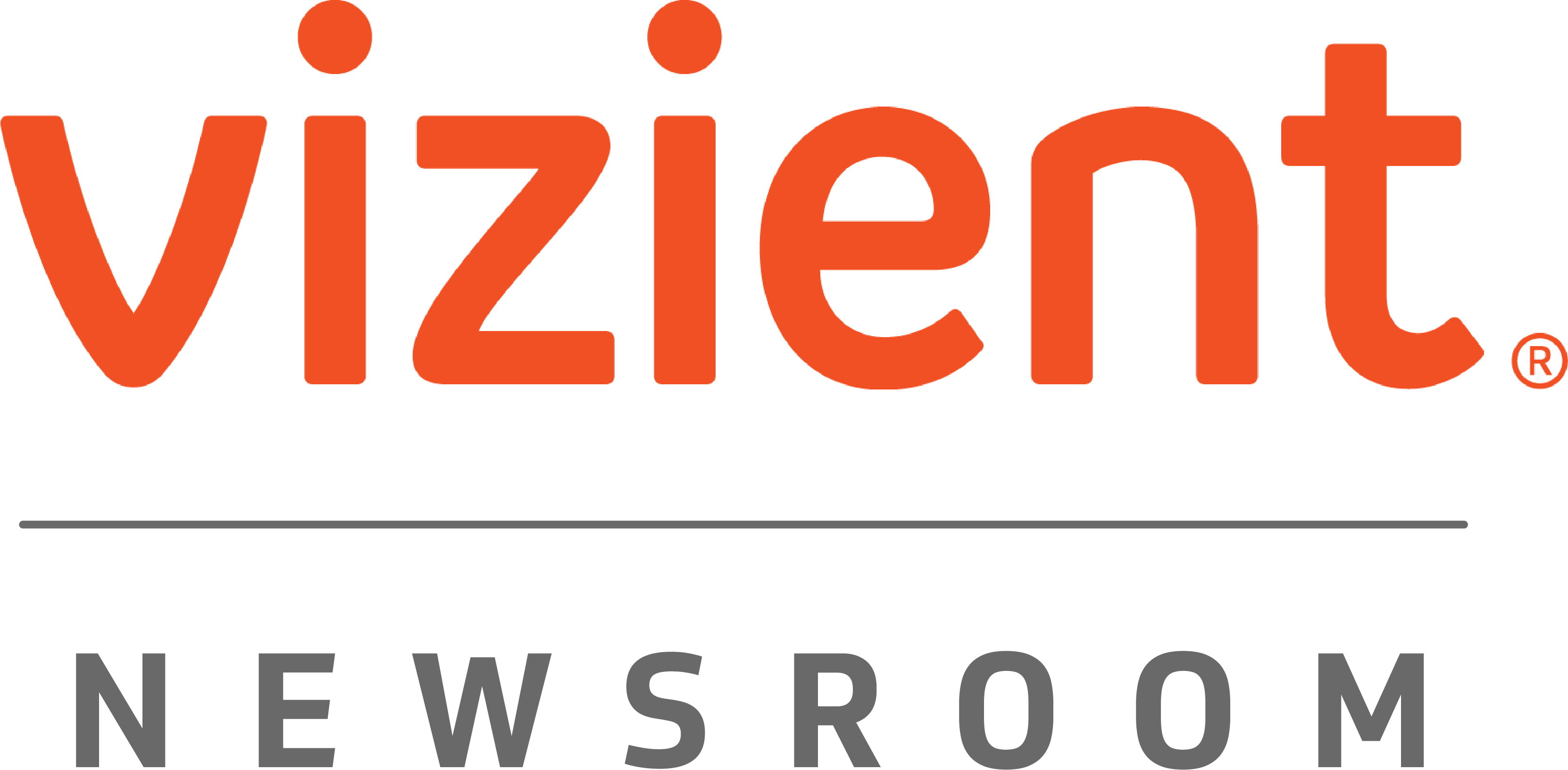By Jackie Stokes
Vizient Program Services Manager, Pharmacy
The challenges around hiring and retaining quality pharmacy technicians in the workforce today is a fast-growing issue. Recently, Walgreens, CVS and Walmart reduced their pharmacy hours and staffing shortages seem to be everywhere.
And there's a cause for it: Pharmacy technicians are leaving the job for roles that pay more and are less challenging, and pharmacists are taking on those added technician responsibilities, leading to increased burnout.
According to the American Society of Health-System Pharmacists (ASHP) Pharmacy Technicians Shortage Survey Findings, 97% of health system pharmacy administrators reported increasing the use of overtime to fill shifts, and 89% reported using pharmacists to fill pharmacy technician shifts or perform technician activities. Neither of these options is financially feasible. Pharmacists need to have the time and flexibility to focus on clinical efficacy and outcomes instead of preparing sterile medications or managing inventory and purchasing – responsibilities technicians manage and bring value to, far beyond the current salary they receive. So, this begs the question: How do we recruit, train and retain pharmacy technicians so we can allow pharmacists to focus on the job they spent years training to do?
The answer is clear: Pay pharmacy technicians a higher salary.
Becker's Hospital Review recently published a report detailing the annual pharmacy technician salary at $36,740, showing it to be the sixth lowest in a hospital. Technicians in other healthcare roles, such as medical records and health information technicians or clinical laboratory technicians, appear to fare better in income than pharmacy technicians. ASHP's survey findings also noted that while the majority of technicians state that their motivating factor for choosing the profession is the desire to help patients, 75% state that an increase is pay would be a deciding factor when it comes to retention.
Paying technicians a higher salary that more accurately reflects the responsibilities they perform could save healthcare organizations money in the long run by not having to continually recruit and train new technicians or burnt-out pharmacists. It's a win-win-win scenario: The pharmacy technician is paid more, the pharmacist is less burnt out and the hospitals save financially.
Additionally, while low technician pay is the primary concern, there's a growing sentiment that the role and responsibilities of pharmacy technicians also need to expand and evolve into a more defined career pathway that requires formal training and education and increases the overall salary potential for the position.
One evolving solution is the development of new workforce training tools. ASHP recently launched a pharmacy technician training program to bridge the professional development and training gaps contributing to the current nationwide shortage of pharmacy technicians. Here at Vizient, we've also launched a tool to help train entry-level technicians as well as provide competency modules to train them in the clean room on sterile and non-sterile compounding. These training tools save precious time by freeing up hospital staff who would otherwise need to train new technicians.
Some hospitals also are implementing robust pharmacy technician training programs that provide a career ladder and promote growth and job satisfaction. Others are offering to support professional development as an incentive strategy, including offering a career ladder; paying for professional benefits like memberships, continuing education and meeting registrations; offering modified shift schedules; implementing internal technician training programs; or paying education expenses for external, formal technician training programs.
But even with these new training programs and modules, more still needs to be done to retain pharmacy technicians, especially since staffing and workforce shortages appear to be here to stay. Pharmacy technician roles require skill and training and should be compensated that way — because again, doing so is a win-win-win for technicians, pharmacists and hospitals.
About the author
Jackie Stokes is the Pharmacy Program Services Manager at Vizient. Stokes received her B.S. in Marketing from the University of Georgia and started as a commercial banking associate with SunTrust Bank prior to joining the healthcare industry. She has been with the Vizient family of companies for 20 years focused on an array of member service initiatives with the current focus on pharmacy education and program development. Stokes also works on the pharmacy technician workforce solutions initiative to further promote technician growth and training while also managing member communication through Pharmacy Questions.


